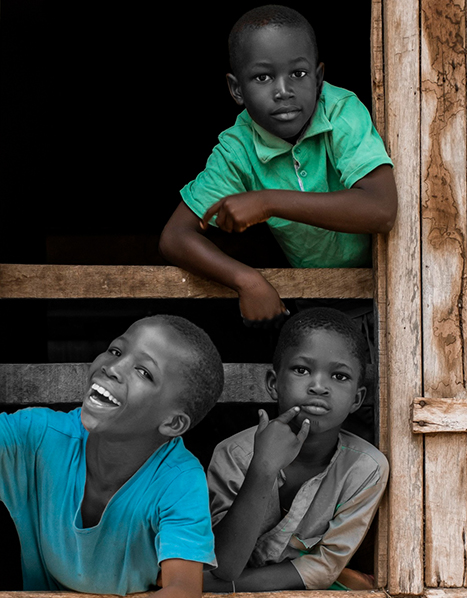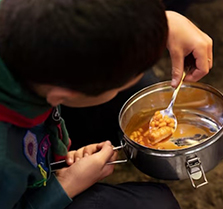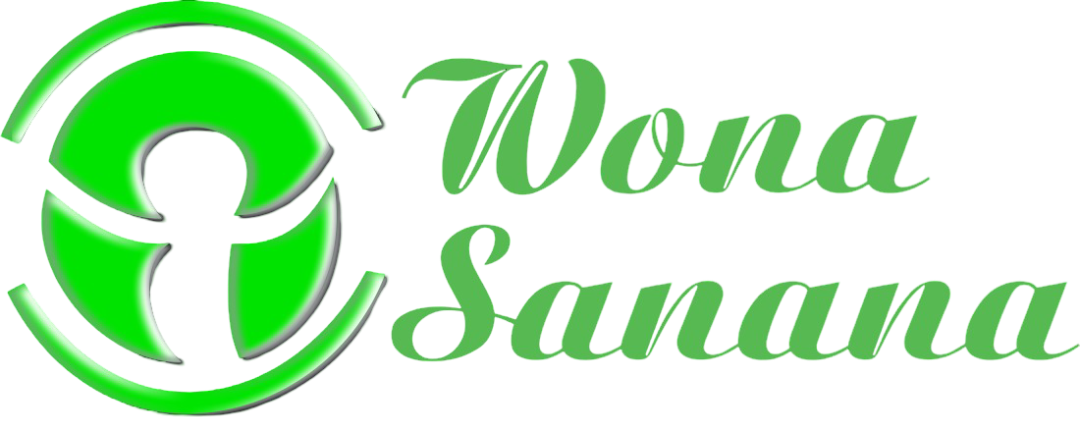Our Work
- Wona Sanana
- Our Work

Holistic Model
The Wona Sanana Holistic Model
Our model consists of simple, modular components that are specifically designed to run on public systems with community cost-share. This inherent scalability enables replication from the district to the national level (from our SEEDS Framework).
Family
Clinic, ECCE & Schools
Community
Government
The Five Core
Components (Services)
This component centers on the child's most immediate environment.
Goal: To strengthen the capacity of parents and provide age-appropriate care.
Ages 0–3 (Home Visiting): Includes weekly home visits for responsive caregiving, comprehensive nutrition and WASH support, and prompt health referrals. (Result: 400+ children (0-2 years range) currently in weekly home visits).
Ages 3–5 (Community Preschools): Building or refurbishing community preschools where we implement play-based learning methodologies and provide daily nutritious meals.
Transition to School: Intervention supporting the smooth transition to Grade 1 using the Learning-Through-Play approach.
This focuses on protection, legal rights, and strengthening community oversight.
Capacity Building: Enhancing the capacity of parenting groups and community-led parenting committees.
Protection: Strengthening child protection mechanisms, including case detection and referral systems.
Rights & Inclusion: Escalating birth registration drives (addressing the low registration rate) and ensuring the inclusion of children with disabilities.
This component addresses the needs of older youth, particularly girls confronting early pregnancy/marriage.
Empowerment: Rolling out Social and Financial Education clubs based on the Aflatoun Global Network framework, covering life skills.
Health & Protection: Strengthening Sexual and Reproductive Health (SRH) and protection linkages.
Livelihoods: Promoting youth savings and micro-enterprise development, and creating pathways to TVET and apprenticeships.
A vital component addressing the burden of HIV/AIDS and ensuring continuity of care.
Adherence: Strengthening the work of adherence groups at treatment units, ensuring children and caregivers utilize treatment effectively.
Psychosocial Support: Deepening home visits, providing psychosocial support, and parenting skills development.
Integrated Support: Providing nutrition support for children on ART and linking vulnerable households to social protection and child protection committees.
(Future Priority): Expanding caregiver education and early stimulation for pregnant adolescents and first-time mothers.
This pillar ensures sustainability and national adoption of best practices.
Co-Creation of Curricula: Co-development and technical assistance on national ECD curriculum and materials with key government Ministries: Ministry of Labor, Gender and Social Welfare (MLGSW), Ministry of Education and Culture (MEC), and National Institute for Education Development (INDE).
Capacity Building: Training and coaching of government teachers and district officers.
Sustainability: Ensuring materials and curricula we develop are housed in government structures; promoting the use of government registries and supervision systems.




